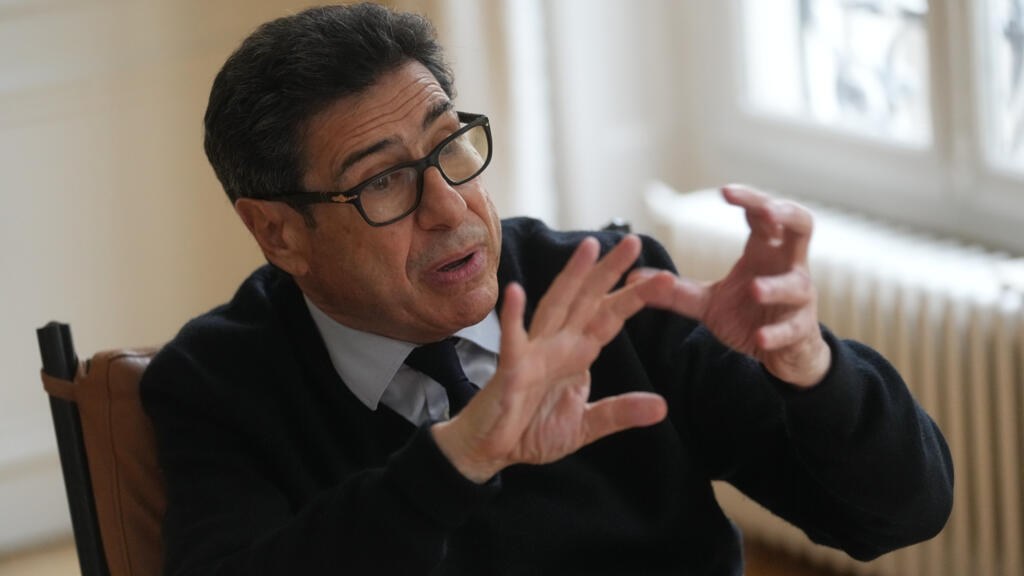
French economist Philippe Aghion has won the 2025 Nobel Prize in Economics along with Joel Mokyr and Peter Howitt for their research on how innovation fuels long-term growth through “creative destruction” – when new technologies replace outdated ones.
Half of the prize was awarded to Mokyr, a professor at Northwestern University in the United States and at the Eitan Berglas School of Economics at Tel Aviv University in Israel, for identifying the conditions needed for sustained growth through technological progress.
The other half went jointly to Aghion and Howitt for developing the theory of sustained growth through creative destruction.
Aghion teaches at the Collège de France and INSEAD in Paris, and at the London School of Economics in the United Kingdom. Howitt is a professor at Brown University in Providence, in the United States.
"Over the last two centuries, for the first time in history, the world has seen sustained economic growth. This has lifted vast numbers of people out of poverty and laid the foundation of our prosperity," the Royal Swedish Academy of Sciences said on Monday, awarding the final Nobel prize of 2025.
The winners have also shown that economic progress cannot be taken for granted: "Economic stagnation, not growth, has been the norm for most of human history. Their work shows that we must be aware of, and counteract, threats to continued growth”.
Speaking by phone at the press conference, Aghion, called on Europe to keep the US and China from dominating technological innovation.
"I think European countries have to realise that we should no longer let the US and China become technological leaders and lose to them," Aghion told reporters by phone during a press conference in Stockholm announcing the winners.
He said the wealth gap had widened between the US and the eurozone since the 1980s.
"The big reason is that we failed to implement breakthrough, high-tech innovations," he said, pointing to a lack of a financial ecosystem to support innovation.
"In Europe, in the name of competition policy, we became very anti any form of industrial policy,” he said.
“I think we need to evolve on that and find ways to reconcile industrial policy in areas like defense, climate, AI, biotech, where we are very good, we have very good research there.”
(with newswires)







